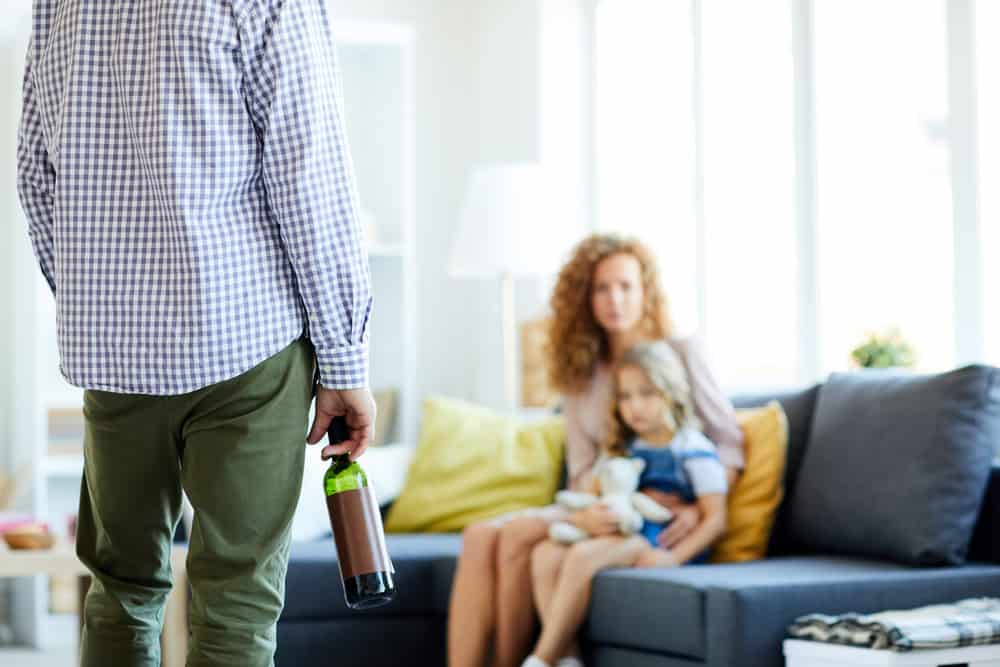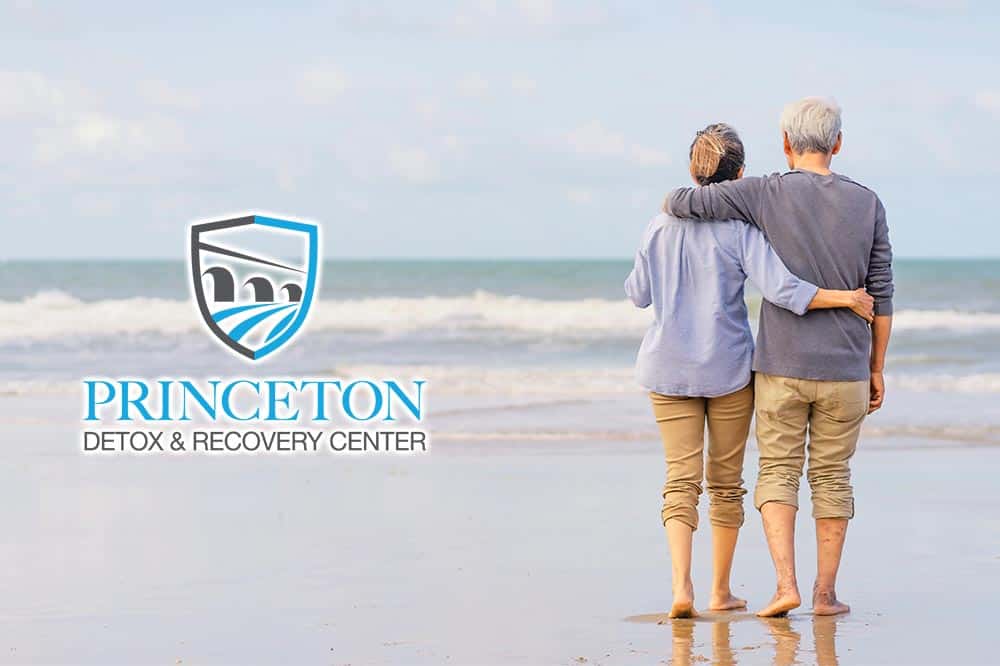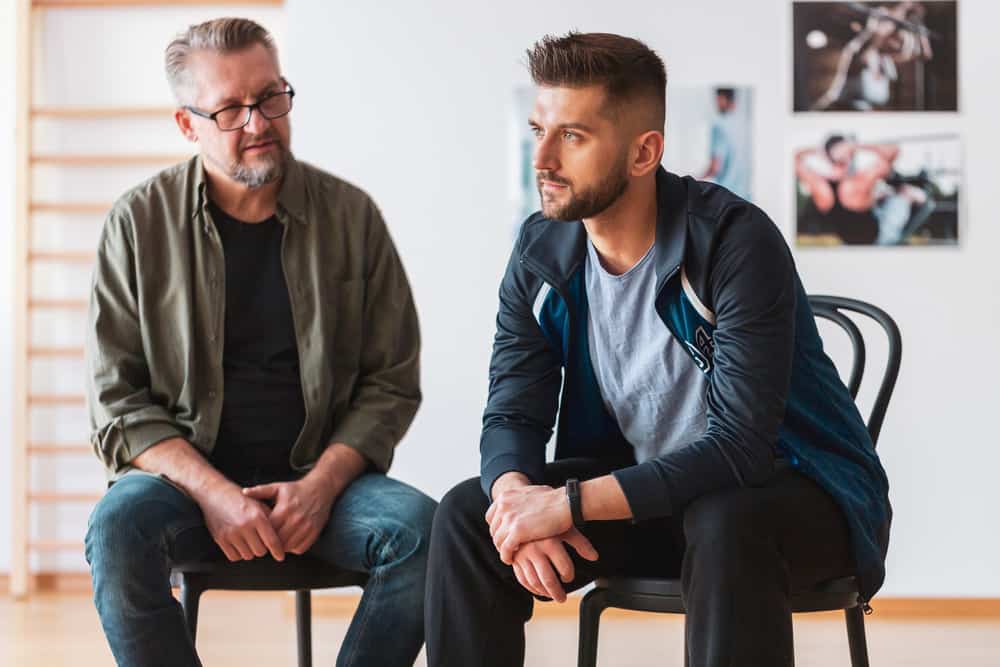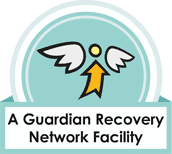Addiction
Does Not Discriminate
Addiction can affect anyone at any time. When it takes hold of someone close to you – someone you love – it can come as a complete shock to the system. Many substance abuse counselors refer to addiction as a disease of denial; not only does the person suffering from the addictive disorder experience denial, but those who love the addicted individual might experience some level of denial as well. If your friend develops a substance abuse disorder, you might think to yourself, “That’s impossible… we play the same sports, we’re almost always together… When did my friend have time to start drinking excessively or using drugs? How did I not know sooner? Why didn’t I try to help before things got this bad?” It is absolutely crucial that you do not blame yourself, no matter how hard that might be. There are numerous underlying and contributing factors when it comes to the development of a substance abuse disorder.
If your friend is suffering at the hands of addiction, it might be because:
- Your friend was/is experiencing high stress levels and he or she initially resorted to coping in an unhealthy way.
- Your friend is undergoing interpersonal issues that you might not be aware of.
- Your friend was prescribed a habit-forming medication and developed a physical and psychological dependency over time.
- Your friend was self-medicating an underlying mental health disorder that is either undiagnosed or unmedicated.
- Your friend is grappling with unresolved trauma or another emotional issue that requires intensive therapeutic intervention.
There could be a wide range of reasons why your friend initially started using drugs or alcohol. The important thing is that you do not expend any emotional or mental energy blaming yourself or internalizing a problem that you ultimately have no power over. It is also important to understand that while you cannot control the current circumstances, there is quite a lot you can do to help. There are steps you can take to help get your addicted friend into treatment.
We Are Here For You
Let Us Help You Heal
Our Drug & Alcohol detoxification experience is second to none.
Learn how we can help by speaking with one of our Treatment Advisors today.
Dealing With An Addicted Friend
Believe it or not, the best way to deal with an addicted friend is by helping yourself first. If you have watched one of your close friends lose his or her personality, quality of life and joy for living to substance abuse, you have likely experienced a fair deal of emotional and mental turmoil yourself. Watching someone you love become an empty shell of their former selves is never easy. Rather than dive right into attempting to get them into treatment, take some time to speak one-on-one with a licensed therapist or addiction specialist. An article published by the University of Rochester Medical Center titled, “Helping a Friend with an Addiction” explores the most effective communication techniques to utilize when speaking with someone you love who is suffering from a substance abuse disorder. The article suggests that when attempting to talk to an addicted friend, you:
- Make sure that your friend is not currently intoxicated – Trying to address a serious subject while your friend is under the influence will almost always backfire, and result in defensiveness and resentment.
- Meet your friend in a neutral public place, like a park or on the beach – Never meet your friend at a restaurant that serves alcohol or at a bar, and try to avoid meeting in your home in case he or she gets angry.
- Make a list of potential treatment options to present when you do meet up – Provide the information in an easily understandable format (print out a list of options that take your friend’s insurance, for example).
Again, before you attempt to sit down and have a conversation, it is important to make sure that you are right within yourself. If you need a list of counselors and therapists in your area, give Princeton Detox & Recovery Center a call today at (888) 693-1769.
Getting Your Friend Into Addiction Treatment
How can you help get your friend to commit to the professional addiction treatment program that he or she so clearly needs? As previously mentioned, sitting down in a safe, one-on-one environment and having a heart-to-heart is often effective. Again, if you do attempt this, make sure that your friend is not on any mood or mind altering substances. It is also a good idea to ask a professional addiction counselor or licensed therapist how to go about having this conversation. Next, find some viable treatment options yourself and present them to your friend. This is generally only effective if your friend understands that he or she has a problem and is in need of help, and is at least somewhat willing to seek the help he or she needs. If you believe the subject might still be a little too touchy, the best step to take is staging a professional intervention.
Staging a Professional Intervention
A professional intervention is always the way to go – attempting to organize and hold your own event (without the guidance of a licensed and extensively experienced interventionist) will almost always backfire. The US National Library of Medicine published an article titled, “Evidence Based Psychosocial Interventions in Substance Use,” which suggests that the most successful interventions are grounded in proven therapeutic practices. At Princeton Detox & Recovery Center, our on-staff interventionists utilize a number of proven techniques to organize the most effective interventions possible. The National Institute on Drug Abuse lists out the principles of effective treatment in a recent study. One of the principles explains that treatment should be readily available. We could not agree more. Our licensed interventionists help develop multi-phased treatment plans for any individual who is in need of treatment, regardless of their current financial situation or personal background.
Ready To Begin Your Detox?
Don’t let addiction control your life.
Call us today and let’s get you started on the path to a better you.
Princeton Detox & Recovery Center
At Princeton Detox & Recovery Center, we pay close attention to each unique client, ensuring that he or she is as comfortable as possible during the medical detox phase of addiction treatment and that the transition to inpatient treatment is as seamless and stress-free as possible. We understand that watching a close friend suffer at the hands of active addiction is extremely painful, and that you most likely want to be somewhat involved in the recovery process. Our case managers provide the close friends of our clients with ample resources that are geared towards helping them recover individually. Case managers also keep close friends and family members updated on treatment progress and plans for the next phase of clinical care.
Our medical detox center provides safe and pain-free withdrawal to men and women of all ages and walks of life who have been grappling with a substance abuse disorder of any type or severity. We understand that your top priority is ensuring that your friend is receiving the highest quality of clinical care possible. Our licensed and accredited treatment program was carefully developed by a team of medical professionals, licensed therapists and psychiatrists and long-term addiction specialists. We believe that quality clinical care should be readily available to all those who seek it, and that once an individual enters into a multi-phased continuum of care the loved ones of that individual should feel nothing but immense relief. To learn more about Princeton Detox & Recovery Center or to begin planning a professionally staged intervention for your close friend, give us a call today 24/7 at (888) 693-1769 or submit this form online click here. Our Treatment Advisors are standing by to assist you in every way that they can.

Reviewed for accuracy by:
Amanda Hilzer M.Ed, CAADC, IADAC, ICCS, LCADC, CCS
Amanda graduated from Lehigh University with both an undergraduate degree in Psychology and a Master’s of Education degree in Counseling Psychology and has worked in the field of substance use disorder treatment and mental health treatment as a counselor and as a clinical manager for over 14 years.


































